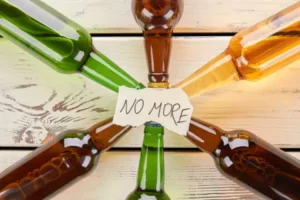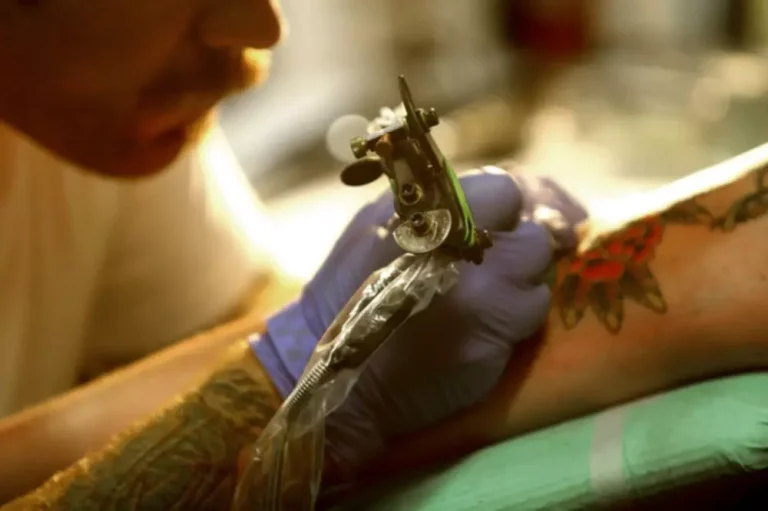
This page is meant to provide educational information for patients living with Atrial Fibrillation and as a self-help tool for your own use. I will not accept medical records from individual patients, nor can I prescribe medications or recommend individual testing or procedures. Delve into the significant variances between paroxysmal atrial fibrillation (AFib) and persistent AFib, considering their implications on cardiac health.
- Pradaxa and Eliquis are FDA-approved medications known as direct oral anticoagulants (DOACs), non-vitamin K antagon…
- And if you have atrial fibrillation, stopping Eliquis increases your risk of having a stroke.
- It’s not known if this drug is safe or effective for treating or preventing blood clots in children.
The Best Atrial Fibrillation Book
(An active ingredient is what makes a drug work.) The drug comes as a tablet that you swallow. Apart from being careful with alcohol, there are no foods or drinks you need to avoid while taking apixaban. This is because of the increased risk of bleeding and infection. Because of the risk of bleeding, your dose of apixaban may need to be lowered or stopped a few days before you have an operation. Apixaban is a type of medicine known as an anticoagulant. Learn about the impact of dehydration on heart palpitations.
Risk of blood clots if stopping Eliquis treatment early
However, drinking excessive amounts of alcohol may not be safe while taking this medication. In addition, after the surgery you’ll be less mobile for a while. This means your blood will flow more slowly and could clot more easily. These issues can lead to a blood clot forming in a vein in your leg. If the clot dislodges, it can travel through your bloodstream to your lungs and lead to a PE.
Are constipation and diarrhea side effects of Eliquis?
- If you choose to drink while taking warfarin, have the combination approved by your doctor first.
- I was told it was not wise to drink daily as it may increase side effects.
- Signs of alcohol abuse include frequent binge drinking, inability to control alcohol intake, and negative impacts on personal or professional life.
- By themselves, antacids usually don’t interact with Eliquis.
- This article explains the safety and effects of drinking alcohol while using blood thinners.
- Drinking heavily, especially binge drinking lots of alcohol in one go, is dangerous while taking apixaban.
They may prescribe another drug to help prevent blood clots while you’re not taking Eliquis. In clinical studies, low blood pressure occurred in some people who took Eliquis to prevent blood clots after hip or knee replacement. Eliquis prevents your blood from clotting, and alcohol can also have this effect.

If you have nosebleeds during your treatment with Eliquis, talk with your doctor. They may be able to recommend ways to treat this side effect. For example, they may recommend using saline nasal spray to help moisten your nose, which may prevent nosebleeds. You shouldn’t stop taking Eliquis suddenly without talking with your doctor. They’ll be able to recommend when to stop taking the drug. If you do need to suddenly stop taking Eliquis, your doctor may suggest a different medication for your condition.
FAQs about Eliquis and interactions
- This newer medication has nearly caught up to warfarin—also known by its brand name Coumadin—a classic blood thinner that’s been used since 1954.
- Taking apixaban with CYP3A4 inhibitors or inducers can also cause serious interactions.
- A boxed warning is the most serious warning from the Food and Drug Administration (FDA).
- You shouldn’t take Eliquis with another anticoagulant drug unless you’re switching from one drug to the other.
Dehydration reduces blood volume, leading to electrolyte imbalances and increased strain on your heart. This can disrupt the heart’s rhythm, potentially causing palpitations. Staying hydrated is crucial to maintain a healthy heart and overall well-being. Discover effective ways to manage common heart palpitations at home by incorporating clear strategies into your routine.
Eliquis interactions with supplements

The FDA warns these medicines can cause serious, potentially fatal bleeding. If you have concerns about risk of spinal blood clots during Eliquis treatment, talk with your doctor or pharmacist. If you’re taking Eliquis, you might be wondering how much alcohol, if any, is safe to consume. However, these are general recommendations and individual circumstances may differ.
Blood Thinner Drugs and Alcohol: A Dangerous Mix?
Eliquis can cause side effects that range from mild to serious. Check in with your healthcare provider, who can evaluate your unique situation and provide medical advice on the risk of mixing alcohol and Eliquis. Eliquis drinking alcohol while taking eliquis also has other warnings, side effects, and drug interactions. Before taking Eliquis, talk to your healthcare provider about all of your medical conditions and medical history to make sure Eliquis is safe for you.

Tell your doctor if you have any upcoming surgeries or dental procedures while you’re taking Eliquis. This medication is a blood thinner and increases your risk of bleeding. Due to this risk, your doctor may recommend stopping Eliquis at a certain time before your procedure to prevent bleeding. It’s recommended that you do not stop taking Eliquis without first talking with your doctor. In fact, Eliquis has a boxed warning for the risk of blood clots if you stop Eliquis too early. For more information on this boxed warning, see the “Side effects explained” section below.

The label may have colored stickers that mention an interaction. And the paperwork, sometimes called the prescribing information, may contain details about interactions. If this information is difficult to understand, ask your doctor or pharmacist to help explain it. Before taking any OTC drugs during your Eliquis treatment, talk with your doctor or pharmacist.




